
The use of intraperitoneal chemotherapy for the treatment of advanced ovarian cancer resulted in a survival benefit over intravenous chemotherapy.

Your AI-Trained Oncology Knowledge Connection!


The use of intraperitoneal chemotherapy for the treatment of advanced ovarian cancer resulted in a survival benefit over intravenous chemotherapy.

Onset of alopecia within the first 3 cycles of chemotherapy was associated with improved survival in ovarian cancer patients who completed 6 cycles of chemo.

Researchers have discovered that ovarian cancers with ARID1A mutations may be sensitive to treatment with an inhibitor of EZH2 methyltransferase activity.
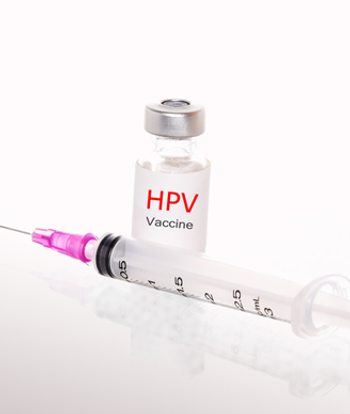
Final results of the trial that led to FDA approval show that a new 9-valent HPV vaccine can reduce cases of HPV and cervical cancer.

A new study yielded nomograms for the assessment of locally advanced cervical cancer, with prognostic factors including histology, performance status, and others.

Cervical cancer survivors saw improvements in self-reported quality-of-life outcomes with a psychosocial telephone counseling intervention, according to a new study.

A large meta-analysis found that women who were users of hormone therapy, even those with less than 5 years of use, had an increased risk of ovarian cancer.
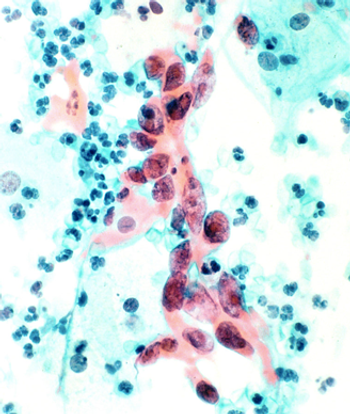
Women in routine gynecologic care expressed willingness to extend screening intervals and use cytology alone or Pap-HPV cotesting if recommended by a physician.

The US Food and Drug Administration has granted Orphan Drug Designation to pelareorep (Reolysin) for the treatment of ovarian cancer.

Conservative management of cervical intraepithelial neoplasia (CIN) grade 2 is an appropriate treatment option for women aged 25 years and younger.

Despite achieving complete surgical resection, advanced epithelial ovarian cancer or primary peritoneal cancer patients with a high disease burden had worse survival outcomes than those with lower disease burden.

Drinking coffee multiple times a day may decrease the risk of endometrial cancer in women, according to a new study.

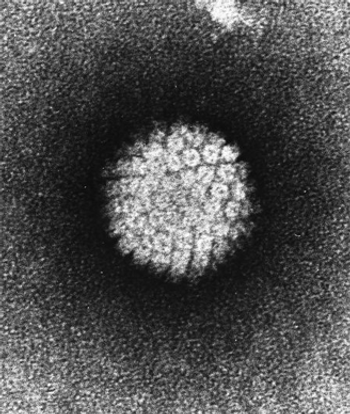
A test for dangerous strains of high-risk HPV using messenger RNA was shown to be reliable and effective for cervical cancer risk stratification.

Adding the PARP inhibitor veliparib to cyclophosphamide did not improve response rates or progression-free survival in ovarian cancer.

Multiple lesion-directed biopsies can drastically improve the sensitivity of colposcopy in women referred for abnormal cervical cancer screening.
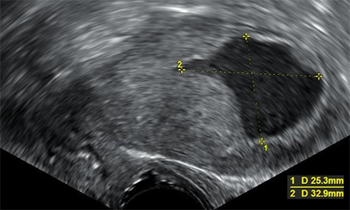
Women with metabolic syndrome who are age 65 or older have an increased risk of endometrial cancer, according to the results of a new study.


Women with bilateral malignant ovarian germ cells tumors may still have a good prognosis and may be able to maintain fertility with conservative treatment.
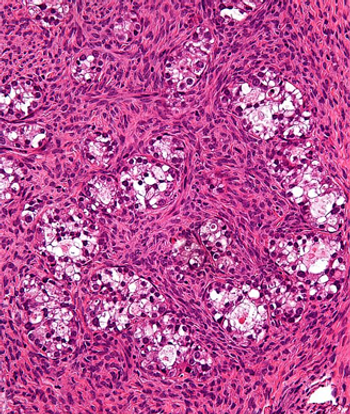
ACOG recently released a Committee Opinion on the use of salpingectomy for ovarian cancer prevention in at-risk women undergoing routine pelvic surgery.

An analysis of a large number of women suggested that those who use bisphosphonates, a bone medication used to treat osteoporosis and other bone loss diseases, have a reduced risk of endometrial cancer.

Researchers have identified several factors, including breastfeeding and oral contraceptives, that may decrease the risk of BRCA-associated ovarian cancer.

An oncolytic herpes simplex virus had significant efficacy against ovarian cancer when used alone and in combination with standard chemotherapy treatment.
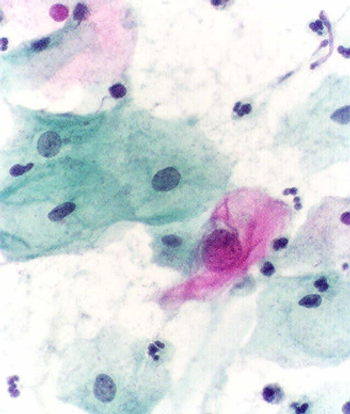
More than 11% of all eligible women had not been screened for cervical cancer in the past 5 years, according to a study by researchers at the CDC.

Researchers are estimating that about 3.6% of new cancer cases in 2012 in adults may be attributed to a high BMI, equating to about 481,000 new cancer cases.